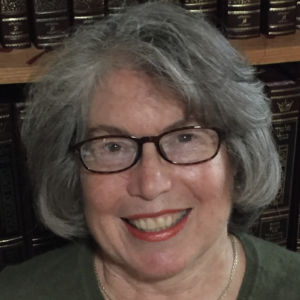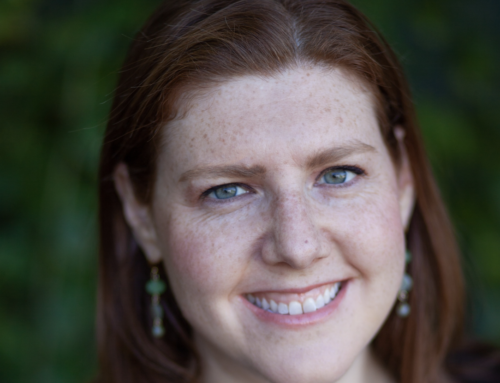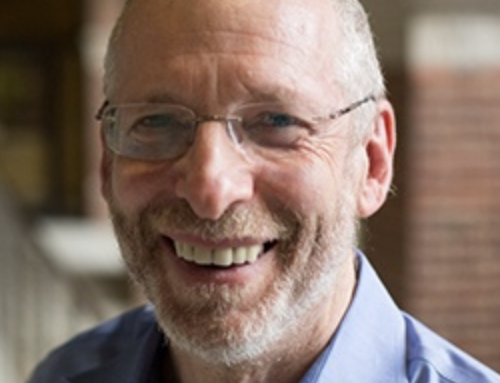The Omer is an appropriate time to think about mitzvot that specifically affect women – by obligating women to fulfill them, and also by exempting or forbidding women from fulfilling them – because three of them occur during the days between Passover and Shavuot.
The Mishnah exempts women from time-bound, positive mitzvot (“TBPM”), those actions at a certain time, yet the Torah makes no such differentiation – it provides only two categories: positive (“do this”) commandments and negative (“do not do this”) commandments. The Talmud suggests that the distinct category of TBPM exists to exempt women from being obligated in their performance. Yet despite this exemption, one Talmudic sage obligates women to fulfill all commandments related to Passover – eating matzah and maror; drinking four cups of wine; reclining – because women were involved in the miracle of the holiday. Rashi’s grandson Rabbenu Tam rules that women may fulfill any TBPM, providing they say a blessing for doing so.
Even so, some rabbis today still disagree on whether women are obligated to count the Omer, and whether they should say the blessing for doing so or not, even though this is the easiest TBPM to fulfill. Women were present at Sinai to receive Torah, and Deuteronomy 6:7 says, “You shall teach them diligently to your children (“benaichem”).” But Talmudic rabbis ruled that women were forbidden from study Torah or Talmud and men were forbidden to teach them, based on the literal translation of “benaichem” as “sons,” rather than the more common, “children.”
Why this restriction? The heroine of my upcoming novel The Choice explains it thus: “It was a matter of power. If women didn’t know how halacha was formulated and established, then they couldn’t challenge it or change it.”





